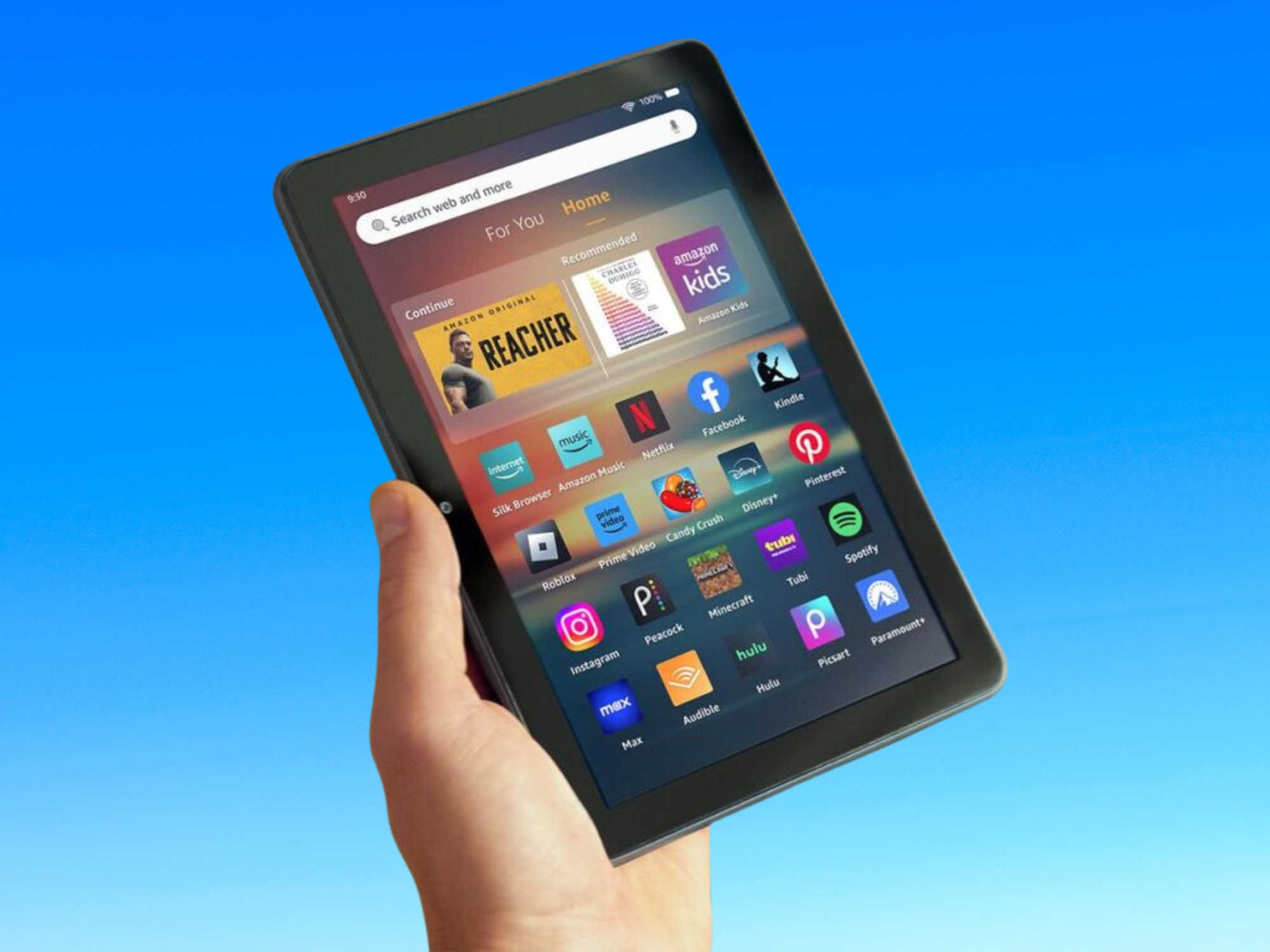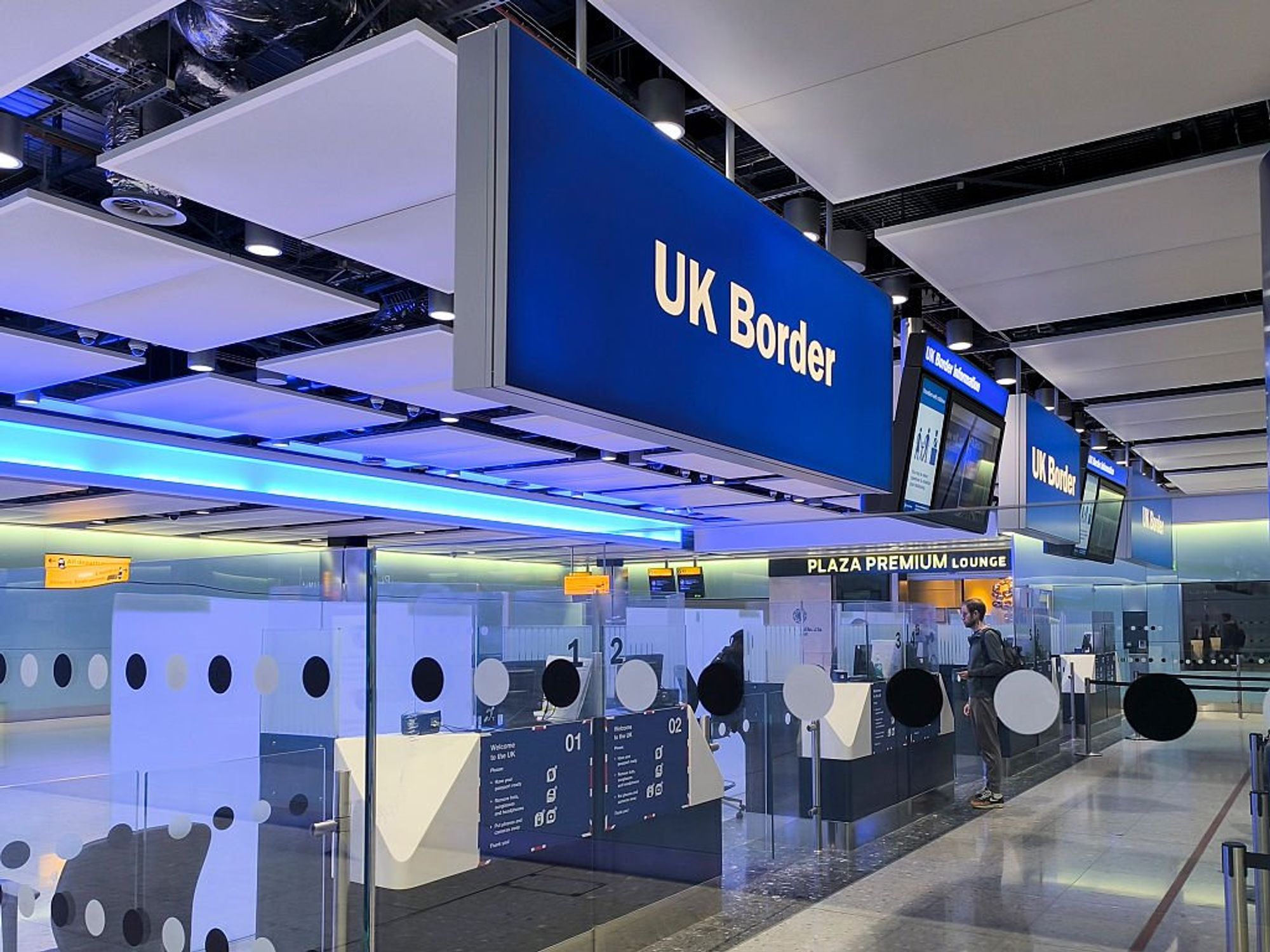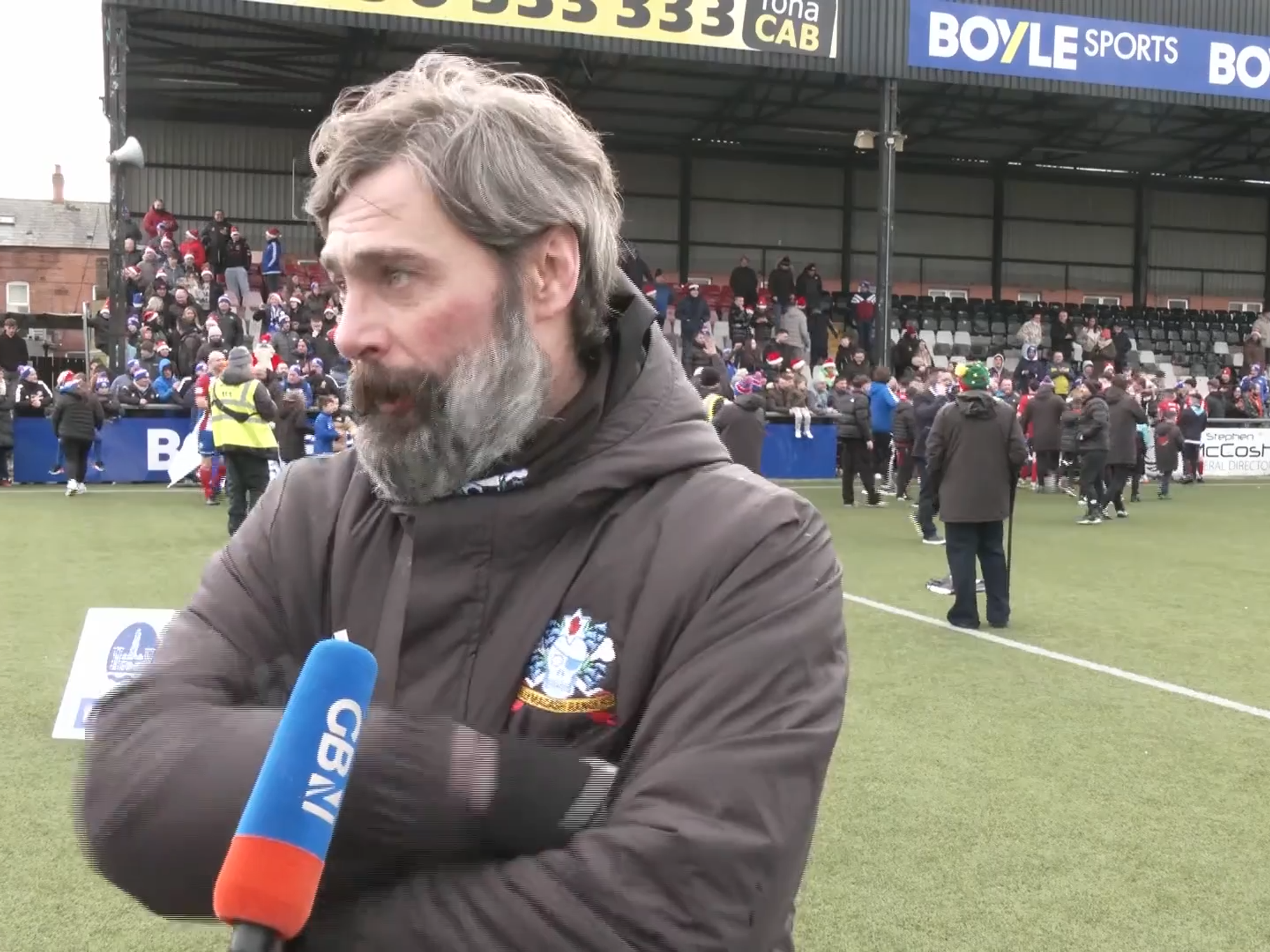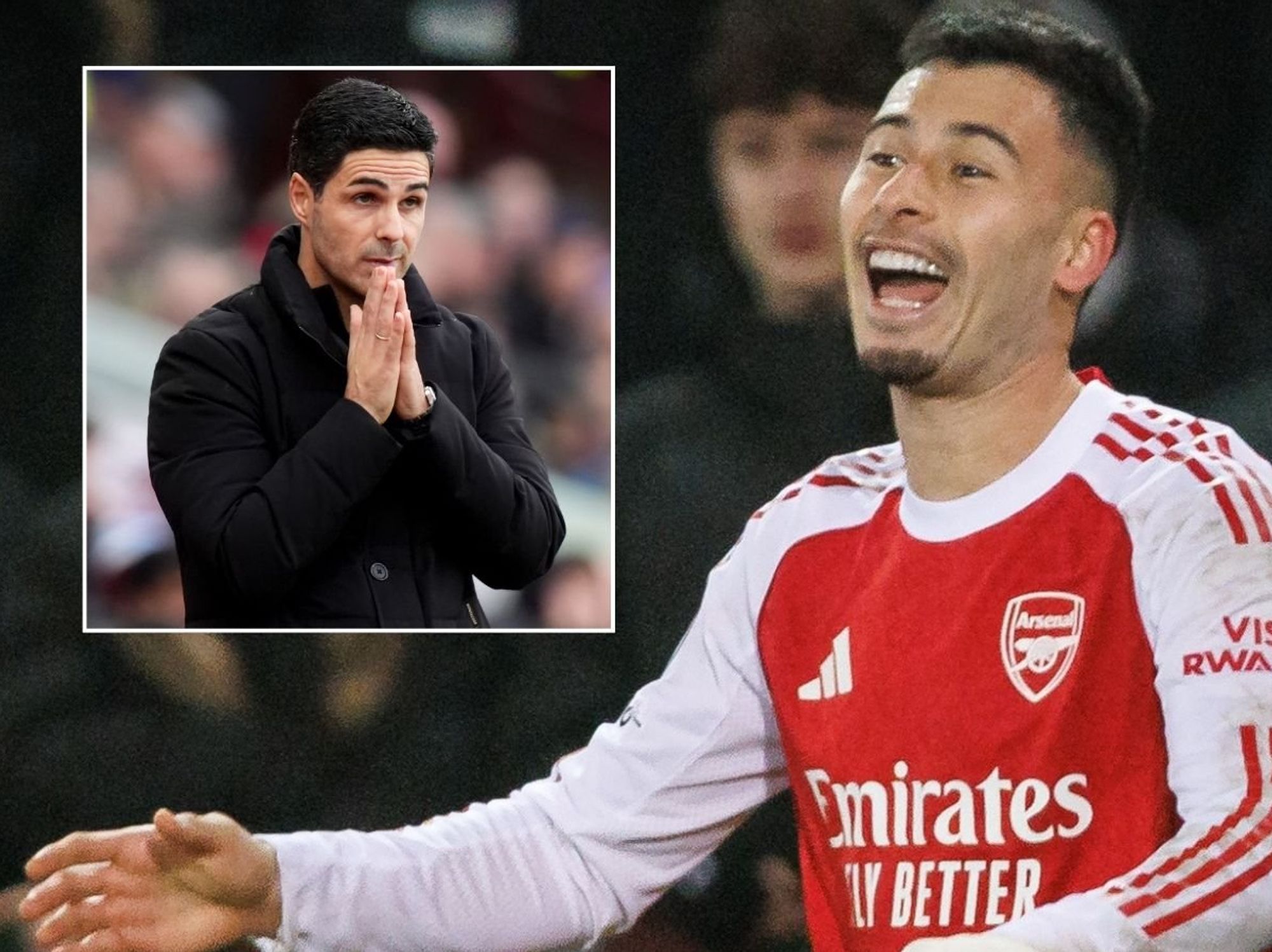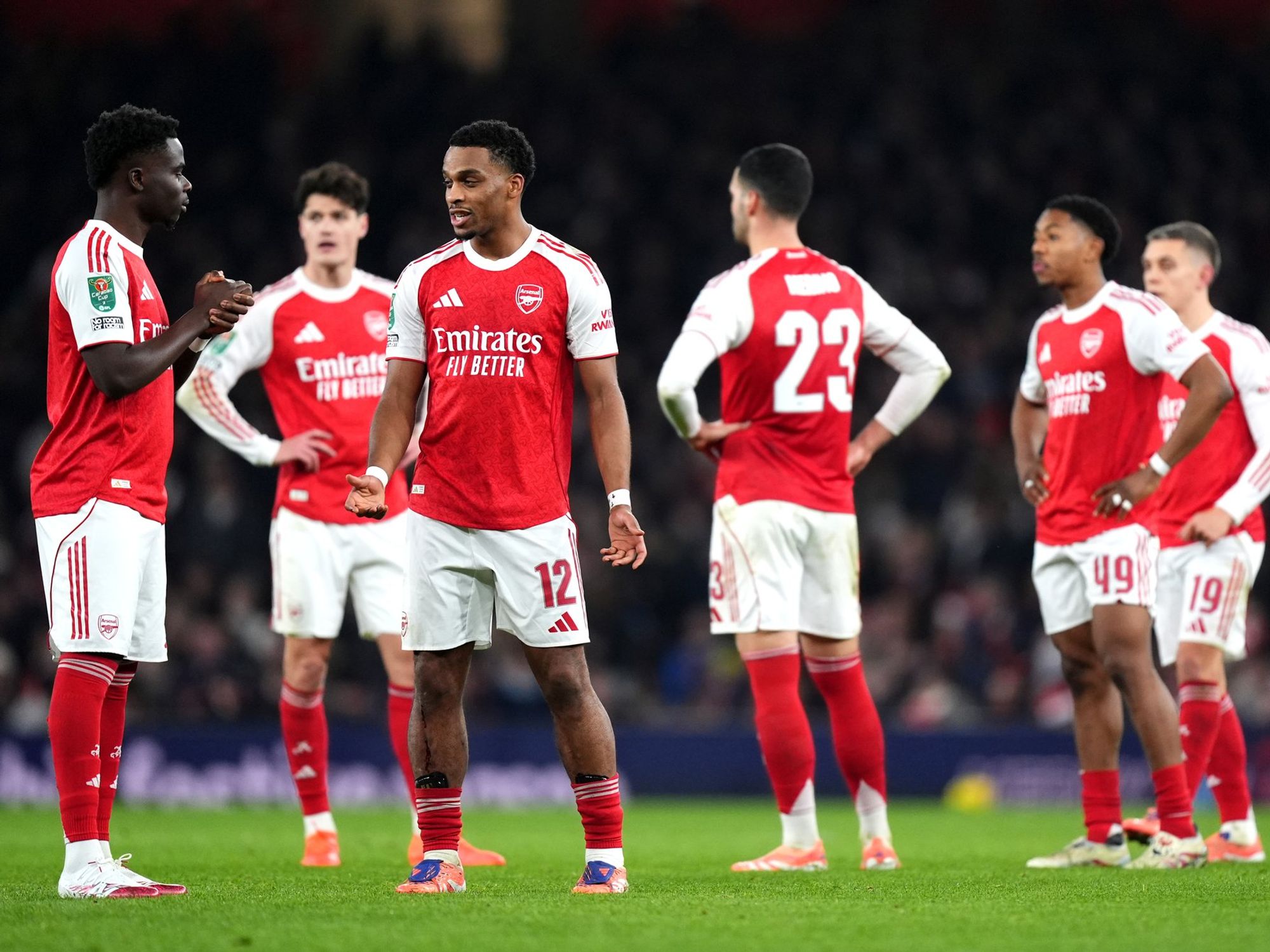'Beware of the polls- this may not be a repeat '97 Labour landslide victory,' warns Lord George Foulkes
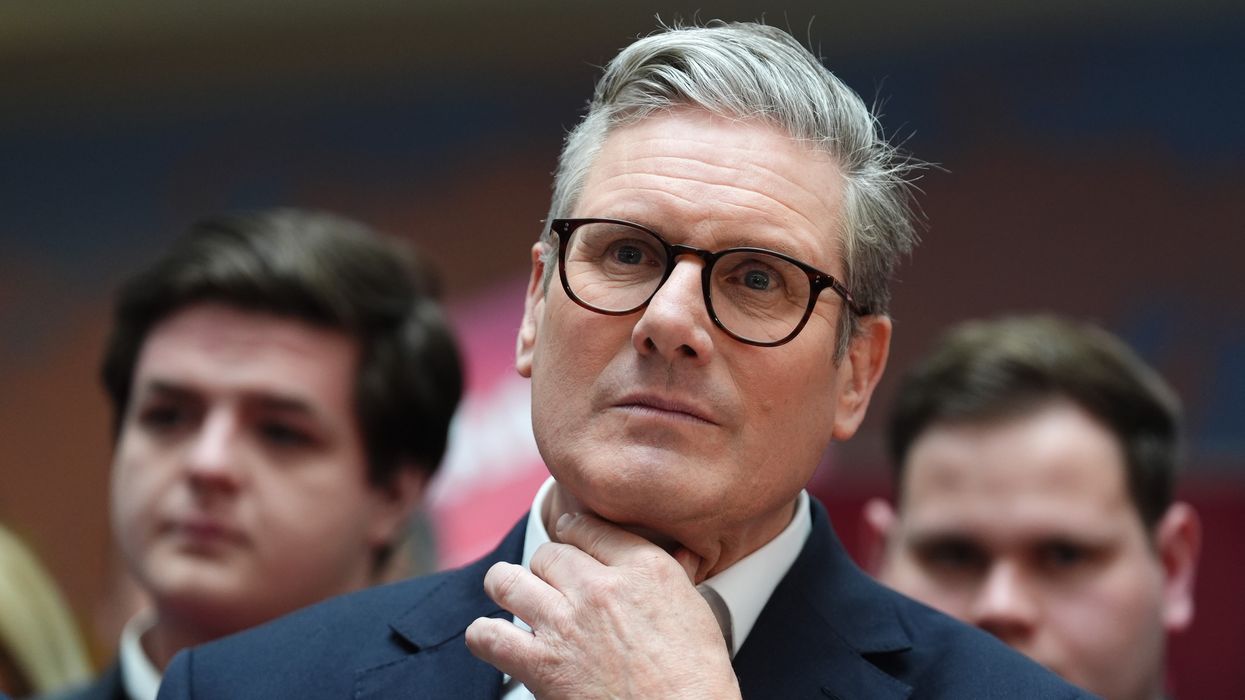
'Political adroitness and improvisational talent has all but disappeared from the politics of today,' says Lord George Foulkes
|PA
Labour Peer Lord George Foulkes writes on how election campaigns have changed over the years
Don't Miss
Most Read
This year, I’ve spent less time out on the campaign trail than in previous election years, mostly due to my advancing age and decreased mobility.
For the first time, rather than hearing from voters on doorsteps, I’ve primarily experienced campaigning from my arm chair, as much of the voting public do, and it’s caused me to reflect on some of the remarkable changes in the electioneering process that have occurred since my early days as an active campaigner and candidate.
I started campaigning, as a “foot soldier,” in 1964 and 1966, back when Harold Wilson was our leader.
TV was in its infancy and the main way of getting our message across was through public meetings; I attended two of Wilson’s, in the Usher Hall in Edinburgh and Green’s Playhouse in Glasgow, where he held audiences of a few thousand spellbound.
I remember the Glasgow meeting particularly well, as Wilson’s train was delayed meaning Willie Ross, secretary of state at the time, had to transform his introductory speech into an almost hour-long “warm-up” act, demonstrating a political adroitness and improvisational talent that has all but disappeared from the politics of today.
Shortly thereafter I became well versed in the public meeting when I stood in West Edinburgh, receiving support from high profile party members such as Roy Jenkins, as we gathered crowds of well over a thousand people at schools and community centres across the city.
Unfortunately we ended up losing that election, but it reinforced a valuable lesson about polling and predictions, that I believe still holds true in the modern era. We were ahead right up to polling day and had gone so far as to hang a huge poster on the railway bridge on Ferry Road which read “Labour Will Win”.
It remained up many months after the loss, and this is why I remain extremely cautious when discussing a potential Labour victory, even in the face of a consistent 20 point lead.
Media and commentators have been keen to draw comparisons between this race and the ’97 election, and I think there are certainly some parallels in terms of a palpable sense, amongst the electorate, that things need to change.
LATEST OPINION:
- 'To save this country from rabid socialism the Tories need to hand Nigel Farage over the keys,' says Roger Gewolb
- EXPOSED: The bugs in Labour’s Manifesto that lurk in the party's plan. Where do these beasties hide?' - Steven Barrett
- ‘We must debate big-picture items that still dominate our lives,’ writes John Redwood
My best election-related memories stem from that victory, which heralded in an era of Labour dominance under the charismatic and polished Tony Blair. Televised leader debates loomed on the horizon, and opinion polls were becoming more ubiquitous and relied upon. However, when I was up in Scotland for the 2001 election, campaigning still felt largely in-person and people driven, with strategists focusing on constituency visits, press conferences and leafleting.
The biggest change, and the start of a total upheaval of traditional campaigning, began in 2010 with the first live televised Leaders’ Debate featuring David Cameron, Gordon Brown and Nick Clegg. Arguably, these debates are responsible for the disastrous coalition government as, together with the rise of social media, they facilitated the “Cleggmania” which made the Lib Dem’s kingmakers.
Now we are having almost daily “Leaders’ Debates”, sometimes with the two potential Prime Ministers, but more often featuring some arrangement of the main seven parties, mixing the single issue nationalist leaders - who have no interest in governing the UK - in with the pro-union parties who actually have a vision for Britain.
I am finding all of these increasingly repetitive and unconvincing and I am sure the participants must be getting fed up too.On top of this we are getting bombarded, on social media, by all manner of carefully crafted lies and half-truths. We know that hostile actors interfered in our Referenda, and they are likely renewing these efforts in the election run-in.
Of course we cannot turn the clock back to the days of Wilson and Heath, nor would we wish to. But we should maintain a healthy scepticism around the supposed value in access to an un-ending stream of TV debates, polls and social media posts which are, increasingly, designed to distort or undermine, rather than relay, the truth.





